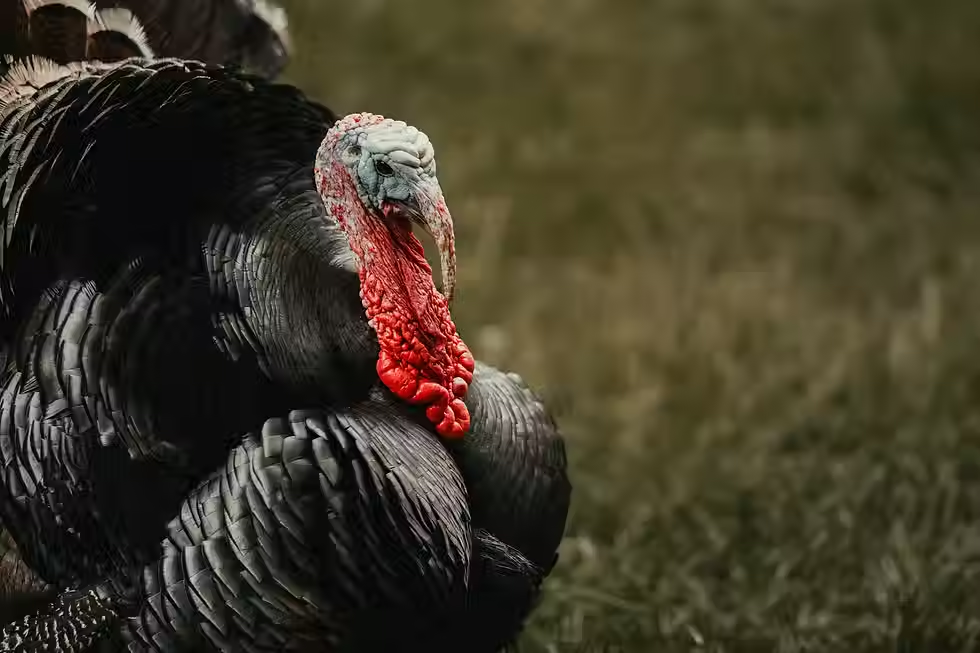Raising Turkeys for Meat – Yellow Brick Road Farm
- Marie Megane Clarissa Jean Louis
- Feb 27, 2025
- 2 min read
This article shares practical experiences from a Nova Scotia farm, covering topics such as brooding, feeding, pasture raising, and processing. It offers insights into the costs and considerations involved in raising turkeys for meat.

The article "Raising Turkeys for Meat" from Yellow Brick Road Farm provides a comprehensive guide to turkey farming, sharing personal experiences and practical advice. The author discusses raising various breeds, including Bronze Orlopp, Broad Breasted White, and Bourbon Red, noting that heritage breeds are hardier with more dark meat but require a longer growing period, while Broad Breasted Whites grow rapidly, reaching processing weight in about five months, though they may develop leg issues due to their size.
Starting with day-old poults, the author emphasizes their delicate nature, recommending purchasing extra due to potential early losses. Initially, poults are fed a 30% protein turkey starter for eight weeks, transitioning to an 18% protein grower feed until processing. The cost to raise a turkey varies between $30-$50, depending on the breed. For those interested in sustainability, maintaining a breeding trio can lead to self-sufficiency in subsequent years.
The brooding process involves dipping poults' beaks in water with a splash of apple cider vinegar upon arrival and housing them in a bedding-filled brooder with a heat lamp. Around eight weeks, turkeys are moved to an outdoor enclosure to acclimate before being fully pastured at approximately three months old. Turkeys thrive on pasture but require roosts for sleeping to prevent mite infestations. It's noted that turkeys are sociable and may become overly interactive if allowed to free-range near human activity.
Processing weights vary by breed; Broad Breasted Whites typically reach about 28 lbs live weight (23 lbs dressed), while Bronze Orlopps can become excessively fatty if grown too large. Turkeys should not be housed with chickens in confined spaces to prevent Blackhead disease, a potentially fatal illness. In Nova Scotia, raising turkeys for sale requires a quota from the turkey marketing board, with a limit of 25 poults without a license. Due to the lack of local processing facilities, the farm processes turkeys themselves, utilizing the meat for various products and making broth from the bones. The author also shares an experience of preparing a turducken for Christmas, highlighting the culinary benefits of turkey farming.
Read the full article here: https://yellowbrickroadfarm.ca/2022/07/14/raising-turkeys-for-meat/
.png)


Comments